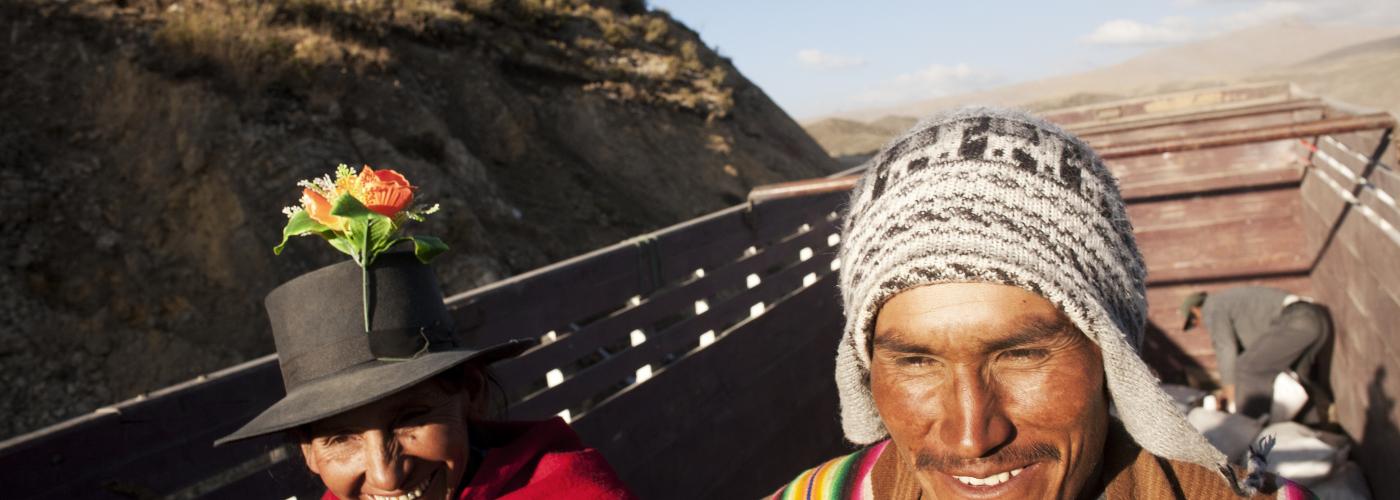General information
Title
Towards social justice in Tanzania, driven by inclusive and sustainable family entrepreneurship.
ID
XM-DAC-2-10-8226
CRS ID
2022008226
Start date
End date
Activity status
Implementation
Budget
€7.113.132
Actor
NGO TRIAS
Country
TANZANIA
Sector
Social Infrastructure - Employment policy and administrative management
Policy markers
Nutrition 1
Gender 1
Desertification 1
Biodiversity 1
Trade Development 1
Environment 1
Good Governance 1
Climate: Mitigation 1
Climate: Adaptation 1
Aid type
Core support to NGOs, other private bodies, PPPs and research institutes
Priority partner country
Yes
Fragile state
No
Least developed country
Yes
Budgetline
54 20 356072 NGO Programs
Finance type
GRANT
Tied status
No
Flow type
ODA
Body
General
Our 7 MBO-partners (a) become more inclusive, professional, transparent, democratic and resilient; (b) implement environmentally friendly & climate action strategies; (c) build powerful alliances for effective L&A, and (d) improve the quality and accessibility of their services. Their members become empowered actors of change within their MBO and the broader community and are developing more sustainable, resilient and professional businesses The aim of the programme in Tanzania is to have strong member-based organisations of farmers, entrepreneurs, and pastoralists that are strong agents of change in society. More specifically, these organisations will become role models advocating for the rights and participation of women and youth in society and in the economy. They become important actors for climate change adaptation and mitigation and champion market access and business development for women, youth and other underprivileged groups. We will work with 8 MBOs (1 national and 3 sub-national chambers of commerce); of farmers (1 national and 2 sub-national farmer organisations) and 1 sub-national women pastoralist organisation which are mandated and able to have a significant impact on social justice, climate change and the business environment in Tanzania. In total we will reach 81,296 people (40,574 farmers, 33,765 entrepreneurs and 6,955 pastoralists). We will focus mainly on women and youth when it comes to direct interventions. Considering the principles of Leaving No One Behind (LNOB) we will make extra efforts to also reach the most underprivileged members of the organisations.
The intervention strategy is awareness creation and skill development of key actors i.e members, promotors and leaders with a focus on women and youth in the member-based organisations. By building their capacities and skills and investments in organisational development (financial management, resource mobilisation, HR, etc.), we will increase the MBO’s self-confidence to become real actors of change, be better placed to advocate for the above- mentioned changes and take up civil society roles. The assumption is these actions will have a spill-over effect to the broader society through policy change (because of the advocacy work done by the partners) and ‘learning by example’ where the wider community will copy positive behaviour of their leaders and influential people in the organisation and community


